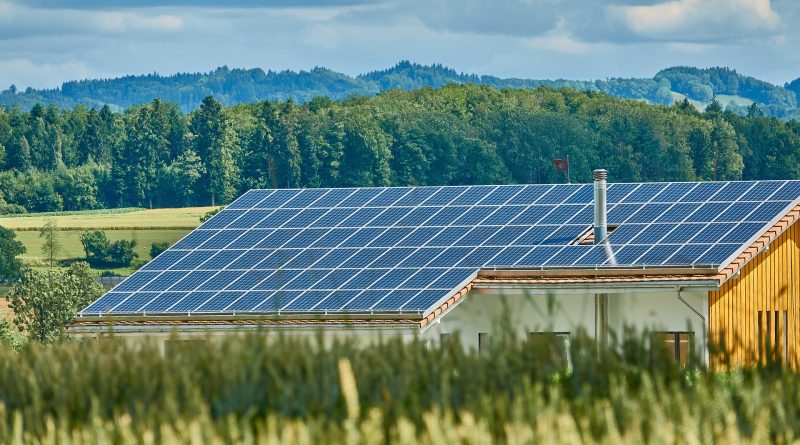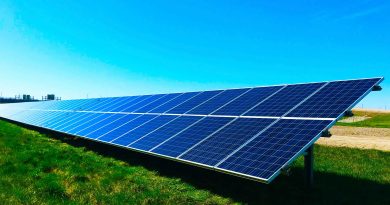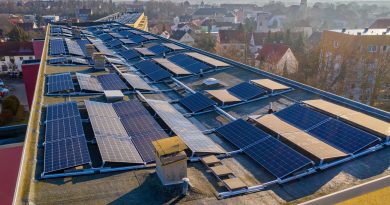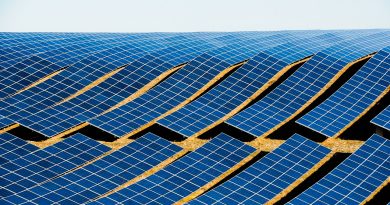On-Grid vs Off-Grid Solar: Which One Is Right for You?
As the world becomes more and more aware of the environmental impact of traditional energy sources, solar power has gained popularity as a clean and sustainable alternative. However, when it comes to installing solar panels, two main options emerge: on-grid or off-grid solar systems. Each system has its own advantages and disadvantages, so it’s essential to understand the differences between the two in order to make an informed decision. In this blog, we will examine the pros and cons of both on-grid and off-grid solar systems to help you determine which option is better suited for your needs.
Comparison of On-Grid Solar and Off-Grid Solar Systems
Advantages of On-Grid Solar Systems
1. Lower initial cost:
One of the significant advantages of on-grid solar systems is their lower upfront cost compared to off-grid systems. With on-grid solar, you connect your solar panels to the local utility grid, which eliminates the need for expensive batteries and backup systems. This makes it a more affordable option for many homeowners or businesses looking to switch to solar energy.
2. Grid backup:
Another benefit of on-grid systems is that they offer a grid backup option. In the event of cloudy or rainy days, when your solar panels may not generate enough electricity, you can rely on the grid to supply power to your home or business. This ensures a consistent power supply and eliminates the risk of running out of energy.
3. Net metering:
On-grid solar systems allow you to take advantage of net metering, a billing mechanism that credits you for the excess electricity your panels produce. If your system generates more electricity than you consume, the excess energy is sent back to the grid, and you receive credits or a reduction in your utility bill. This not only helps offset the cost of the initial investment but also motivates individuals to generate more clean energy.
Disadvantages of On-Grid Solar Systems
1. Dependent on the grid:
While on-grid solar systems offer grid backup, they are still dependent on the local power grid. This means that in the event of a power outage or grid failure, your solar panels will not be able to provide electricity to your home. This reliance on external infrastructure can be a drawback, especially in areas prone to outages or areas with an unreliable grid.
2. Lack of energy autonomy:
With an on-grid solar system, you are still tied to the grid, which means you may not have complete energy autonomy. While you can generate your own electricity during daylight hours, you still rely on the grid for power during the night or when your panels do not produce enough energy. This can limit your independence and self-sufficiency in terms of energy consumption.
Advantages of Off-Grid Solar Systems
1. Energy independence:
Perhaps the most significant advantage of off-grid solar systems is the complete energy independence they provide. With an off-grid system, you are not connected to the local power grid. This means that even during power outages or grid failures, you have a reliable source of electricity. Off-grid solar systems are particularly appealing to those living in remote areas where it is expensive or impractical to connect to the grid.
2. Environmental benefits:
Off-grid solar systems offer unparalleled environmental benefits. By producing your own electricity from the sun, you reduce your reliance on fossil fuels and contribute to a cleaner and greener planet. Additionally, off-grid systems have a smaller carbon footprint compared to on-grid systems since they do not require energy for transmission and distribution over long distances.
3. Long-term cost savings:
Although off-grid solar systems typically have a higher upfront cost due to the need for batteries and backup systems, they can save you money in the long run. With no monthly utility bills, you are shielded from rising energy costs and can experience significant savings over the lifespan of the system. Additionally, government incentives and tax credits may further reduce the overall cost of going off-grid.
Disadvantages of Off-Grid Solar Systems
1. Higher initial investment:
The primary drawback of off-grid solar systems is their higher initial cost compared to on-grid systems. The need for batteries, backup systems, and other equipment increases the upfront expenses, making this option less affordable for some individuals. However, it is important to consider the long-term cost savings and environmental benefits that come with an off-grid system.
2. Maintenance and system sizing:
Off-grid systems require regular maintenance and monitoring to ensure optimal performance. Batteries need to be maintained and replaced periodically, and system sizing is crucial to ensure you generate enough electricity to meet your needs. This can be more complex and time-consuming compared to on-grid systems, where the grid takes care of balancing the energy demand and supply.
Conclusion
When it comes to choosing between on-grid and off-grid solar systems, there is no one-size-fits-all answer. It ultimately depends on your specific circumstances, needs, and goals. If you are looking for an affordable option that offers grid backup and the potential for net metering, an on-grid system may be the better choice. On the other hand, if energy independence, environmental benefits, and long-term cost savings are your primary concerns, an off-grid system may be the way to go.
It is important to weigh the advantages and disadvantages of each system and consider factors such as location, budget, and energy needs before making a decision. Consulting with a reputable solar installer can also help you assess your options and find the best solution for your situation. Ultimately, both on-grid and off-grid solar systems represent a move towards a cleaner, more sustainable energy future.
Ready to make the right choice for your energy needs? Visit SolarClue ® for expert guidance on choosing between on-grid and off-grid solar solutions. Empower your life with sustainable energy.
Frequently Asked Questions
On-grid systems connect to the utility grid, while off-grid operates independently.
Cost-effectiveness depends on factors like location, energy needs, and grid accessibility.
Yes, but it requires sufficient energy storage for periods without sunlight.
On-grid relies on continuous grid access, while off-grid provides autonomy with careful planning.
Government support often extends to both, encouraging solar adoption.
On-grid may have lower maintenance costs, while off-grid offers independence.
Possible, but it involves system modifications. Plan for future needs.
Off-grid is ideal for remote areas with no grid access, providing self-sufficiency.
Both systems can function well, but extreme conditions may affect efficiency.
Yes, many on-grid setups allow feeding surplus energy back, earning credits.




